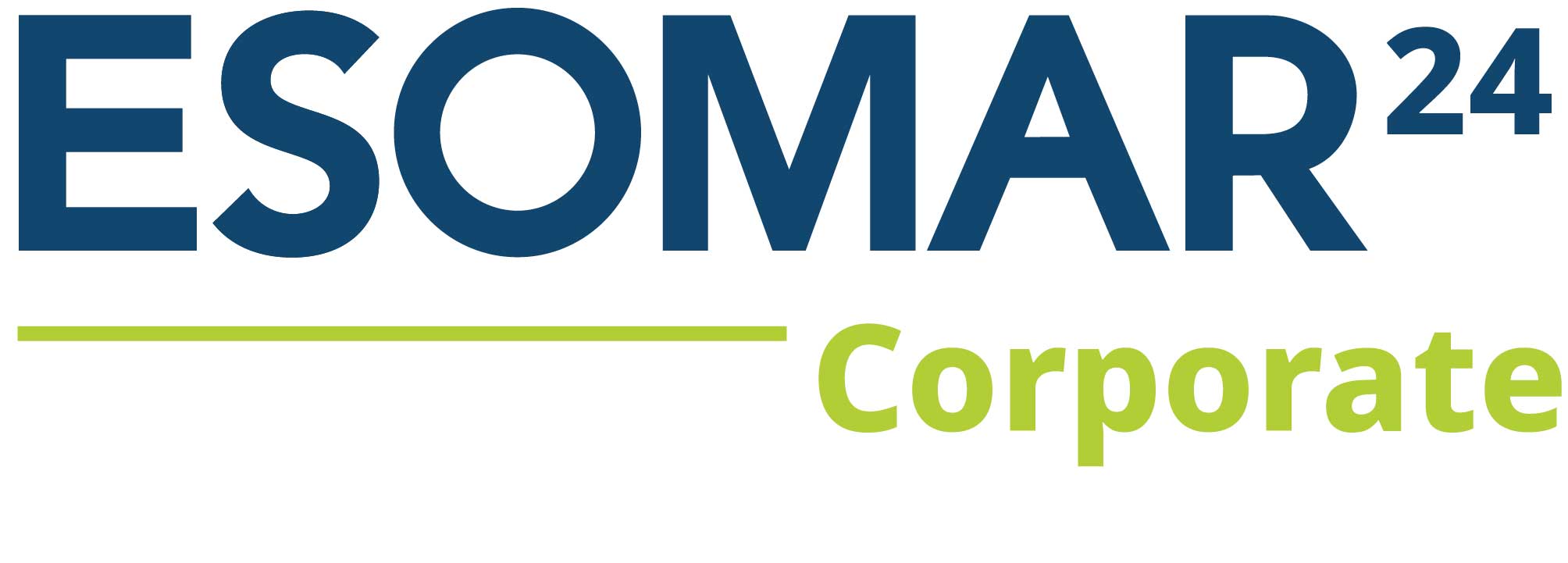Crowd Sourced Translation : Does It Work For You?
5th February 2016
Crowd sourcing has been an IT buzzword for quite a while now, and recently a few companies have been trying their hand at ‘Crowd Sourced Translation’, chasing the concept of ‘Big Translation’ and the market success that companies like eBay and Airbnb have achieved. The idea behind Big Translation, according to Carl Yao is that “Nearly half the world speaks two or more languages—that’s 3.65 billion people with the potential to contribute to translation.” Combine this with the fact that smartphone usage will increase to 8.2 billion users in 2019, and you have the potential to instantly connect a huge number of translators with people requiring translation, ideally providing the customer with instant access to low-cost language resources.
In theory, this sounds like a win-win scenario for everyone involved! Micro-freelancers, that earn a living by advertising their services and bidding for small jobs on websites like Fiverr and Gigbucks, can add to their repertoire by providing translation services on an ad-hoc basis, and therefore users should benefit in a reduction of cost and increase in availability for said services …
However; while this concept may work for people requiring translation for small projects, such as blogs, friendly correspondence or the translation of a foreign language source text for information purposes, it has a long way to go before it can be of serious use to industry.
Translate.com, owner of arguably the most valuable domain name in the business, promises “People-Powered Enterprise Translations”. As always though, the ‘devil is in the details’, as their terms included the following:-
‘Human Translation Content Policy
We do not provide human translations for the following types of content:
- Gist or summary translation
- Legal, medical, technical or other specialist texts
- Texts that require creativity or where brand image is at stake
- Safety-critical texts or material where human life may be at risk in case of error
No refunds or translations will be given for these types of human translation requests’
This clause seems at odds with their offer of “People-Powered Enterprise Translations”, as it’s hard to see how their service could be of any use to any enterprise, given that brand image is of the utmost importance to companies. Technical and other specialist services are often the core of many UK businesses, and so again, it’s difficult to see what Translate.com can offer that’s of any benefit.
Other important issues that should be of concern with crowd sourcing translation services are those of quality and accountability. Who undertook the work? Are they qualified in the subject matter / or did they just offer the lowest price to do the job? One doubts whether the sign-up process to become a translator with these services is a very stringent process – a four question, multiple-choice test in one case! Presenting a difficult barrier, or any barrier! to entry for people wishing to sign up as a translator doesn’t work in favour for these ‘Big Translation’ start-ups. ‘Big Translation’ requires ‘Big Numbers’ to succeed, and so growing the user base as fast as possible is likely one of their main aims. A large bank of available, inexpensive, translators looks good on paper, but being told that your translation was undertaken by anonymous User123XYZ, who is currently unavailable, doesn’t help to resolve issues when your end Client is complaining about receiving sub-standard work. It will no doubt be a tough job to remedy things when they inevitably go wrong.
Crowd sourcing also leaves a lot to be desired with respect to confidentially. Without complete transparency as to how each file is handled throughout the translation process, it’s impossible to know who has access to both yours and your Clients’ data. So far, there doesn’t seem to be anything to stop a rival business, or an overseas nation state for that matter, signing up a few linguists, browsing the information and translation work on offer and gaining a competitive advantage – or simply stealing the information they are presented with outright. While this may come across as somewhat alarmist, in today’s world of data privacy issues and news of information leaks occurring on an almost daily basis, ensuring your company’s and your Clients’ information is in trusted hands is paramount to your company’s reputation and credibility.
Given the above, combined with our previous discussion on outsourcing your translation requirements, it makes sense to use Foreign Tongues as your trusted language partner. While the mobile web is able to offer a multitude of services nowadays, professional language services, providing valid translation, will always need a real human being available at the end of the phone who can help guide you through the project.
Let Foreign Tongues provide you with a free, no-obligation, quote for your next project and see how much we will help you save – in more ways than one!
